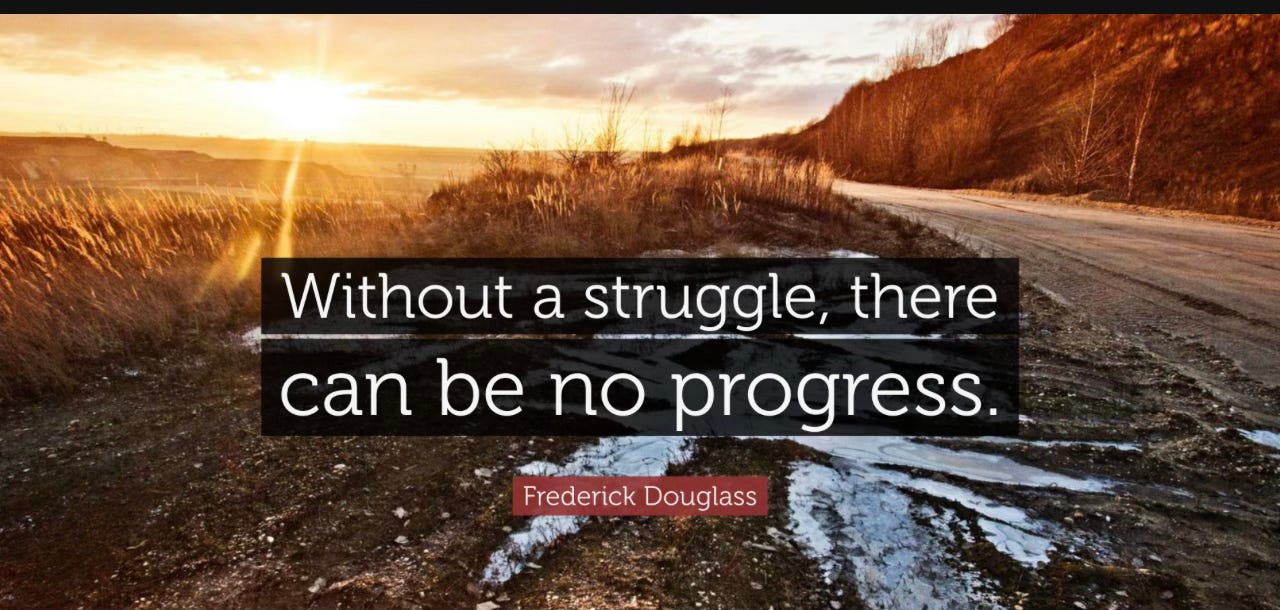Xenophobia Stalks the Land
A substantial number of Americans can't stand foreigners, unless they are subservient. In this article Prof. Gonzalo Santos takes this sad and backward notion apart.
This is an honest exploration of the recurrent potency and misplaced psychological rewards of embracing vicious xenophobia, which may pervade not just the privileged strata of society but even among the otherwise oppressed and exploited domestic social classes and ethnic groups. There's someone even lower than them to look down to!
By Prof. Gonzalo Santos
Human solidarity and fraternity – promoted by all true world faiths and liberation ideologies – is the antidote. It's been a long, zig-zag story of struggle, with great leaps forward and backward, as we are experiencing today. Here's a primer:
In the epoch of historical capitalism, from the French & American revolutions onward in the late 18th century, the universal ideals of modernity – liberty, equality, fraternity, the Rights of Man, the inalienable rights to life, liberty, and the pursuit of happiness – coexisted with the rise of modern particularisms – foremost among them nationalism, racism and sexism.
Soon the universalisms were encapsulated within the territorial confines of the nation-state, and summarily discarded altogether in the two private spheres that became sacrosanct: the private property of the means of production and private sphere of the family. The assertion of the absolute managerial & ownership power within the capitalist firm vis-a-vis the workers, and strict patriarchy within the family vis-a-vis women and children, led to the legal codification within each modern industrial nation-state of all forms of classist, racist, and sexist forms of economic exploitation, social subordination and political exclusion.
The social movements that emerged in successive waves and in different zones of the modern capitalist world-system over the past 250 years aimed at precisely expanding the domain and spheres of social rights along the universal values proclaimed at the dawn of modernity, to make them a reality and consecrate them in law.
The Counter-valence of the National Liberation Movements and Labor Unions
The aim of national liberation movements was decolonization and independence of oppressed peoples. The aim of labor movements was the elevation of the rights of workers - its socialist revolutionary branch aimed squarely at the overthrow of capitalist relations and the abolition of private property of the means of production and eventually of all social classes. The aim of the abolition movements was the abolition of slavery and the elevation of former slaves and all people of color to full and equal citizenship.
The aim of the women's movement, in its first wave, was to gain voting rights, in the second wave, to attain full equality with men. A derivative of this movement has been the LGBTQ movement, with similar aims. Finally, the aim of the environmental movements have been to extend to the Earth and all its living things the same universal rights to life and preservation as humans.
Pushing against all these movements and all these demands to expand the social contract in any given era have been the forces of traditional power, wealth and status – including propertied classes, dominant churches, and imperial powers.
That's been the social and political history of the modern world. Xenophobia, racism and sexism have always been marshaled to defend the unequal status quo, sometimes one gains the upper hand over the other. Sometimes they all get pushed back.
So it is that in the 1960s the main struggles revolved against racism and abolishing American Apartheid, from which flowed the other movements - the women's, gay, environmental, etc. It soon benefited immigrant rights, with the passage of a liberal immigration reform in 1965,
Here's the crucial insight: the secular, long-term trend of all these histories of zig-zag struggles to contain or to expand the social contract along the lines of the modern universal values we proclaimed and profess, has been a net positive. The margins of privileges and inequalities have been reduced - not enough, not completely, and facing constant reactionary pushbacks and backlashes, but "the arc of the moral universe bends towards justice," as MLK (Martin Luther King) liked to say.
We are in the midst of a great backlash today. Over the past three decades or so, xenophobia has gained the most prominent and virulent role as the main arena of social conflict and social struggle in the post-Cold-War United States. The forces of power and wealth and status have aligned pretty much behind the MAGA Project led by Donald Trump, today unquestionably triumphant and dominant in all three branches of the federal government and in a plethora of red states.
This has led to the emergence of the Modern Immigrant Rights Movement (MIRM), which originated in California in the mid-1990s and then splashed onto the national stage in 2006, with the historic mobilization of millions of immigrants demanding their social rights of inclusion and dignity.
Though its mass mobilizations went into remission after 2014, given the betrayals suffered at the hands of the Washington duopoly, and its many defensive legal battles yielded some positive and many more negative outcomes, the MIRM is overdue to return to massive collective actions of resistance and social rebellion inside the U.S., unencumbered by the lure of now-discredited duopoly politics.
In fact, if you expand the scope of the MIRM to encompass the transnational and defiant collective actions of the incoming flows of asylum-seekers and immigrants from the Americas coming to the U.S., the coupling of these two branches of social rebellion against the unjust status quo is now inevitable.
There ought to appear at anytime an organized, militant, and defiant Transnational Front of Immigrant Resistance against the ultra-xenophobic regime of Trump 2.0. Governments in the various U.S. blue states and also among the sending and transit countries of Latin America, will have to take a strong stand in their defense. But the immigrants themselves will have to unite and fight back, with its allies.
This is a historic, crucial battle for the future nature and design of North American social, economic, cultural, and political integration.
At the top, in geopolitical terms among States, there will be resistance against the expansionist aims of the Trump regime and the resurrection of the hated Monroe Doctrine. In the middle, there will be widespread disenchantment wrought by the reckless economic disruptions created by the Trump administration in the form of tariffs and labor force expulsions.
At the bottom, there will be the growing social revolt against xenophobia by the immigrants and their social allies, advancing a more inclusive and equitable REGIONAL social contract to accompany the regional economic integration in vogue, but now with the social, labor, and human rights of immigrants and refugees at its core.
Xenophobia may be triumphant for now in the United States, but not for long. For one thing, it will not work - the economic consequences of mass deportations and the social conflicts it generates in the homeland will soon become apparent. And, to everyone's surprise, the agency of immigrant collective action to resist will also become a potent factor – similar to the agency of workers in the 1930s. For another, the other nefarious aspects of the MAGA project – fueling catastrophic climate change for greedy oil profits, exacerbating social inequalities for the plutocracy, launching neoimperialist adventures, etc. - will also backfire. Billionaire populism is a mirage, a fraud, an oxymoron.
The hope is that when the MAGA Counterrevolution is vanquished, as it will be, we will not simply return to the status quo ante, which actually enabled and gave rise to the MAGA movement in the first place. This time around, a TRANSNATIONAL vision of continental integration, with a shared social contract of universal rights and values, will need to transform and replace our antiquated political systems and categories of ill-defined “national sovereignty" and “national security”, and most importantly, check the runaway, unlimited privileges of the reinging American plutocracy. We shall have to come up with a deeper, richer, more expansive and inclusive sense of NORTH AMERICAN PEOPLEHOOD to prevail. All past and present ideologies of privilege and exclusion – the particularism of the modern world of nationalism, xenophobia, racism, and sexism – will have to be overcome.
Immigrants, in their quiet households or massive collective defiance, are the harbingers of this future, the agents of this colossal change, the carriers of this new vision of peoplehood. They need to embrace their historic mission, consciously and proudly. They warrant our unconditional support and solidarity. Their example of humble but righteous, unwavering, and determined struggles in the face of so much hate and persecution should inspire us to abandon our lethargy and stupor at the present victory of MAGA Trumpism, shake off our passivity and defeatism, and confront it as well from our own social trenches, in defense of our own social rights and human dignity.
Gonzalo Santos is a Ph.D. and Professor Emeritus of Sociology at California State University, Bakersfield.
Check out his excellent website: www.gonzalo-santos.com
Pick up a copy of The Future Starts Here, by James R Smith. If you care about the future, and a better life for all, grab a copy today. Your favorite bookstore can order it for you, or you can get it at Amazon.






